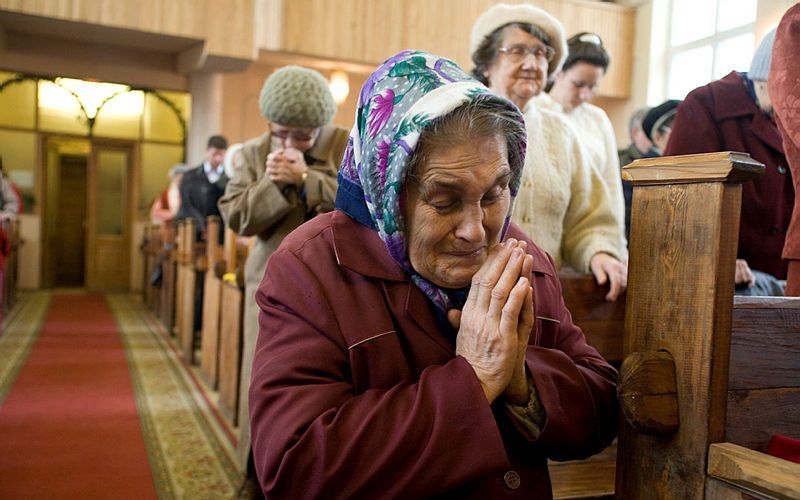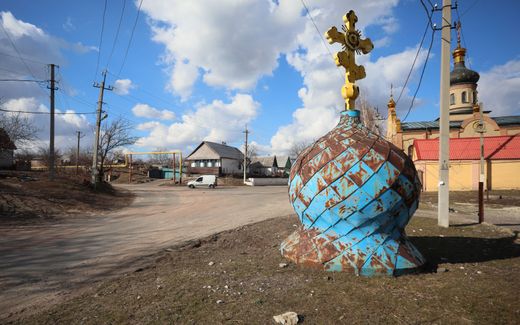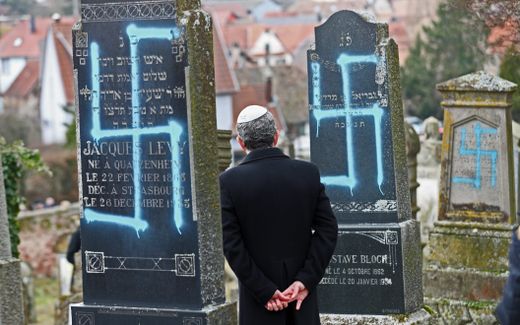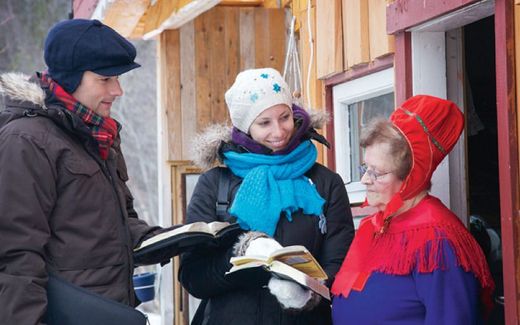Churches in Russia feel pressure from the state

Baptist worship service in Russia. Photo IMB
Eastern Europe
The situation concerning freedom of religion in Russia is worrying, two Catholic aid organisations warn in the “Country Report on Religious Freedom: Russia”.
According to Missio Aachen and Renovabis, the situation in Russia deteriorates for religious minorities, such as Evangelical free churches, Lutheran congregations, and the Ukrainian Church located in Crimea, Katholisch.de reports.
The researchers conclude that the Russian government tightens legislation for these minorities. Thereby, the government wants to “prevent criticism of the current political and social conditions.” The risk of arbitrary treatment of churches grows, the report warns. It blames the attempts of the Russian state to use religion as a force to create a unified Russian identity.
This also becomes clear in the fact that Russian Orthodox Churches receive more privileges than other denominations. They, for example, have agreements with federal institutions. That means in practice that they have more access to hospitals, the army and cultural institutions to provide spiritual care.
Problems with registration
Other churches, especially those located in Crimea, experience pressure from the government. Federal legislation requires that religious organisations have to register under Russian law, including those with ties to Ukrainian religious communities. Congregations of the Ukrainian Orthodox Church, which are not members of the Moscow Patriarchate, refused this registration. The report states that their services are regularly disrupted by police and security forces. Even their buildings could be seized.
Protestant churches in Russia experience obstacles when registering to gain official recognition. Sometimes they are seen as international or foreign missionary organisations. This is problematic since Russian legislation contains a law to fight extremism and terrorism. In practice, this law also restricts missionary organisations or those seen as foreign. The report states that “in practice publicly speaking about religion is only allowed by traditional religions” such as the Russian Orthodox Church.
Those who are involved in missionary activities of any sort, are punished severely. Christianity Today reports that a protestant pastor from Crimea got into trouble when he organised online sermons. He was fined several times.
Furthermore, the Evangelical Community “Neue Generation” (New Generation) was labelled an unwanted organisation, as it has its headquarters in Ukraine and Lithuania, the report of the two aid organisations states.
In conclusion, the report warns that the “ideological alliance between state and Church leadership” strengthens the marginalisation of religious minorities. According to the researchers, the Russian Orthodox Church can use its position to define religious freedom. That means in practice that “freedom of conscience” for religious minorities is barely tolerated.
Related Articles






